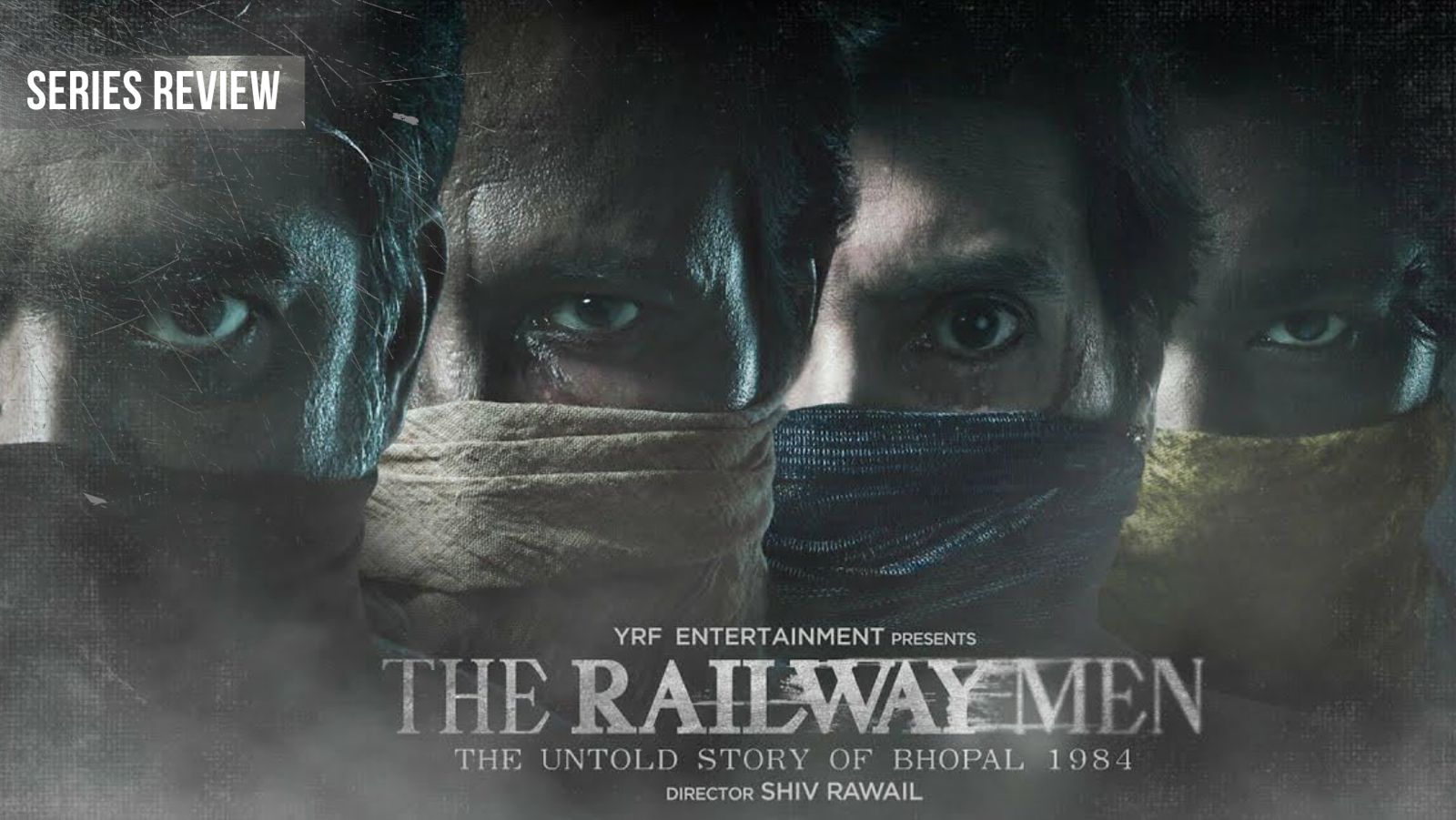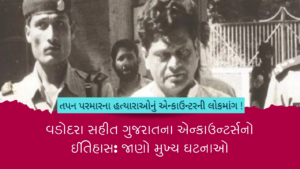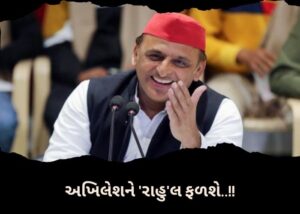–A Review by Maitreya Pawar
What do you do when the very air you breathe threatens to kill you? How do you protect yourself? Where do you run? How do you save yourself and the ones you love? 1984’s Bhopal gas tragedy is considered the world’s largest industrial disaster, with a reported death toll of over 15,000 people. Different sources offer different estimates of how many lives were lost, but the fact remains that it’s truly staggering to process the extent of the horror and aftereffects of the gas leak at the Bhopal factory of the American Chemical Company and Caride There are many ways of coming at this atrocity and telling this story. The injustice of corporate greed, negligence, and indifference the generations of drama over four episodes Netflix’s The Railway Man, the first streaming series from Yash Raj Films, chooses to focus specifically on the unsung heroes of the Indian Railways who risked their lives to evacuate hundreds of
“And the truth is that we neither punish those who take lives nor praise those who save them.” Kumavat (Journalist, played by Sunny Hinduja)
In the annals of history, few tragedies loom as ominous as the 1984 Bhopal gas leak disaster. Netflix’s “The Railway Men,” the debut streaming series from Yash Raj Films, ventures into this cataclysmic event, capturing the gripping tale of unsung heroes amidst the chaos.
At its core, this series chronicles the harrowing story of those thrust into an inferno of corporate negligence and human resilience. Against the backdrop of the Bhopal disaster, the narrative shines a spotlight on the heroic acts of railway workers who risked everything to save lives.
The characters, vividly portrayed by an ensemble cast, breathe life into this grim tale.
KK Menon’s portrayal of Ifar Sidiki, the steadfast station master, exudes a poignant grace. Babil Khan’s Imad Ras, an ex-union carbide employee turned railway worker, embodies sincerity amidst chaos. Divyenndu’s Express Bandit undergoes a transformation, finding humanity amid the mayhem.
The series, penned by Aayush Gupta and helmed by debut director Shiv Rawail, opens with a gut-wrenching pilot episode. Through a potent blend of real-life footage and dramatic recreations, the episode plunges us headfirst into the injustice and desperation of the tragedy’s aftermath. The tension builds relentlessly as the hours tick down to the fateful gas leak, exposing the heartlessness of corporate indifference.
However, as the narrative progresses, the series ventures into a labyrinth of uneven storytelling. While focusing on the people of Bhopal, the storyline sprawls into various arcs and subplots, disrupting the narrative flow. An extensive plotline involving the Gorakpur Express and other tangential stories detracts from the urgency and emotional depth of the central tragedy.
The series struggles with pacing and cohesion, frequently diverting attention away from the poignant core of the Bhopal disaster. While attempting to elevate tension, certain subplots feel disjointed, disrupting the immersive experience of being amidst the suffering and suffocation in Bhopal.
Despite these narrative missteps, “The Railway Men” possesses moments of raw emotion and tension. However, the series grapples with the challenge of crafting a consistent and immersive narrative. It often feels more like an extended movie masquerading as a series, lacking the finesse in long-form storytelling.
KK Menon’s Station Master and Babil Khan’s Imad Ryaz shine as beacons of grounded heroism, devoid of unnecessary embellishments. Their actions speak volumes, highlighting the selflessness and humanity amidst tragedy. Yet, amidst the search for heroism, certain overwrought moments, such as a grandiose speech, disrupt the organic flow of the series.
Divyenndu’s performance as the consable/thief brings an engaging layer to the narrative, albeit slightly lacking in emotional depth compared to the compelling portrayals of Menon and Khan.
In conclusion, “The Railway Men” is a commendable attempt at showcasing heroism amidst tragedy. However, its narrative struggles to maintain focus and balance, veering into tangential storylines that detract from the emotional intensity of the central event.























